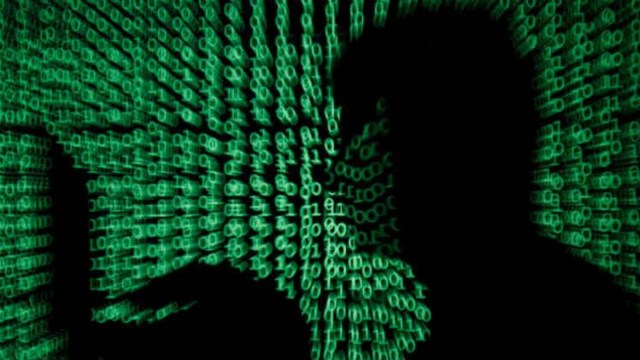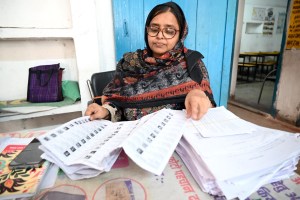Experts highlight need for secure digital infrastructure
The experts deliberated on pressing issues, ranging from cyber security and artificial intelligence to genome mapping, genealogical databases and forensic justice.
 Singh called for real-time crisis mapping, chain-of-custody protocols for digital evidence, tracking illicit money flows through blockchain and wallets, seizing criminal infrastructure and swift victim assistance.
Singh called for real-time crisis mapping, chain-of-custody protocols for digital evidence, tracking illicit money flows through blockchain and wallets, seizing criminal infrastructure and swift victim assistance.AS A three-day seminar at the Uttar Pradesh Institute of Forensic Sciences (UPSIFS) in Lucknow concluded on Wednesday, cyber experts cautioned against “growing intrusions” from China and Pakistan, emphasising that India must rapidly build secure digital infrastructure. They likened the cyber kill chain to “Raktabeej”, demanding coordinated global action to dismantle it.
The experts deliberated on pressing issues, ranging from cyber security and artificial intelligence to genome mapping, genealogical databases and forensic justice.
Maharashtra’s Principal Secretary Brajesh Singh highlighted that even small incidents can trigger massive disruptions, citing the Hezbollah pager attack and the malware strike that shut down JNPT — India’s largest port — for three months. He explained that cyber crime cannot be countered by traditional policing, as its modular chain —reconnaissance, weaponisation, delivery, and exploitation — requires international cooperation. Breaking Lockbit, for instance, took the combined effort of 11 countries.
Singh called for real-time crisis mapping, chain-of-custody protocols for digital evidence, tracking illicit money flows through blockchain and wallets, seizing criminal infrastructure and swift victim assistance. He praised the RBI’s cyber framework, emphasised digital sovereignty, and noted that cyber security “is like agriculture — it cannot be imported, it must be cultivated within the country.”
Joining the session virtually from Australia, cyber expert Robbie Abraham traced the evolution of cyberattacks — from worms such as ‘I Love You’ (causing $8.7 billion in losses) and Conficker ($9 billion across 190 countries) to modern ransomware and phishing-based intrusions targeting browsing data, crypto wallets and confidential information. Hackers, he said, increasingly rely on logging and credential theft, selling stolen data on the dark web.
He stressed preventive measures such as regular security training, MFA, antivirus use and heightened caution with emails and messages.
Australia’s Shantanu Bhattacharya explained how mixed DNA analysis using advanced algorithms aids pattern recognition and separation of victim and accused profiles, citing two rape cases that happened earlier.
Dr Madhusudan Reddy Nandineni from the Centre for DNA Fingerprinting and Diagnostics (Hyderabad) presented insights on next-generation sequencing, rapid DNA and portable forensic devices.
The Executive Director of Project 39A (NALSAR, Hyderabad) stressed strengthening national forensic labs and educating judges and lawyers to effectively interpret scientific evidence.







